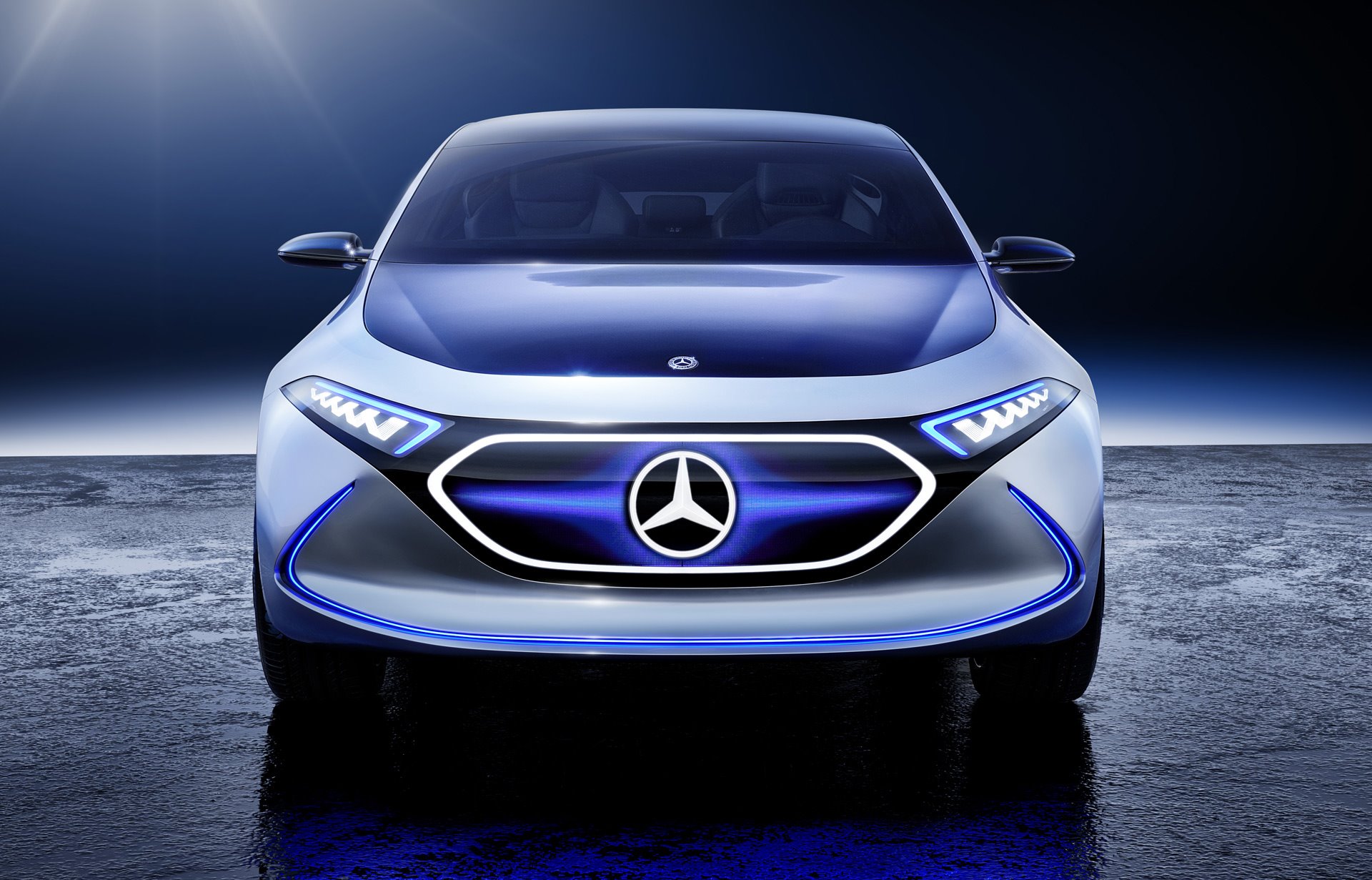
Around 1.5 million electric cars are currently on German roads, and the German government plans to increase this number to 15 million by the end of the decade. How realistic is this now that funding for private individuals was prematurely withdrawn at the end of last year?
Deloitte surveyed consumers around the world about their preferences when it comes to electric mobility. The German results show that the willingness to buy a battery-electric vehicle (BEV) has recently declined. In the recently published study, only 13 percent of the Germans surveyed say they would prefer a BEV the next time they buy a car.
Last year, the figure was 14 percent*. Purchase intentions for plug-in and hybrid vehicles also fell: from 24 percent* in 2023 to 21 percent now. 49 percent would choose a combustion engine (2023: 45%*).
When asked about the reasons for buying an electric car, 30 percent said government subsidies. Half of those surveyed cited lower fuel costs, followed by concern for the environment (45%).
"The environmental premium motivated people to buy and boosted demand for electric cars. The premature discontinuation will lead to a slump in sales figures, as electric vehicles are still significantly more expensive than comparable combustion engines," says Dr. Harald Proff, Global Sector Manager Automotive at Deloitte.
Deloitte is currently forecasting 10.35 million electric cars in Germany by 2030. In order to boost the ramp-up, affordable vehicles for the mass market would have to be produced as quickly as possible. "Although some OEMs are now compensating financially for the loss of the premium, this results in a heavy burden for these companies. So far, manufacturers have hardly made any money with electric cars and this handling increases the pressure to reduce EV costs even faster," says the car expert.
Price limit at 30,000 euros
In fact, the majority are asking for cheaper vehicles: In the current survey, 55 percent said that their next vehicle should cost less than 30,000 euros, minus discounts. The currently even higher prices of electric vehicles therefore represent a hurdle for their purchase. For a quarter of consumers, the next car is likely to cost between 30,000 and less than 50,000 euros. Only 12 percent would pay 50,000 euros or more.
When asked about the biggest concerns about electric cars, most Germans (55%) again mentioned range. In second place is the higher cost of vehicles (42%) and the lack of charging at home (41%). The lack of public charging infrastructure – the second most frequently cited in 2023 at 47 percent – followed in sixth place this time (37 percent). 30 percent cited faster charging times as the most important aspect of charging an electric car.
As part of the study, Deloitte also asked consumers to what extent they are concerned about the environmental impact of batteries in electrified cars, for example in terms of manufacturing or recycling. A majority of respondents (64%) said they were concerned about this, while 24 percent were not or not particularly concerned.
Full story at Deloitte - Germans shy away from expensive electric cars - tankstelle Magazin (tankstelle-magazin.de)